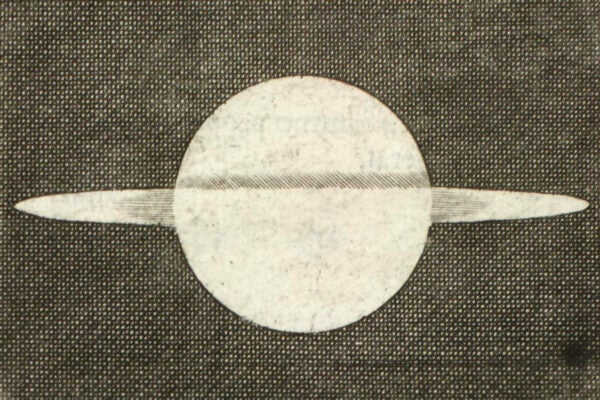In this corner, golden-crowned Kinglets, which weigh in at less than a quarter of an ounce or six grams each. In the opposite corner, boreal winter, where temperatures can regularly dip down to -40 (F or C). It doesn’t seem like much of a contest, does it? You know how long you’d last out there in your bare skin. And yet these tiny birds regularly survive such temperatures. How do they do it?
Down jackets are one clue: feathers are extraordinary good at insulation, trapping pockets of warmer air. But that’s not all. Winter flocks in the north woods are usually a mix of species: kinglets, nuthatches, chickadees, and woodpeckers. The more eyes to look for food, the more eyes to watch for predators, the better the chances an individual bird has.
But what about at night? Bernd Heinrich, who has written prodigiously on the topic of thermoregulation, is an expert how animals survive winter (and summer!). He’s a field biologist who thinks nothing of climbing a tree in the dead of winter in northern Maine repeatedly during the night. In this Wilson Bulletin article he tells of his discovery of several kinglets huddling together. The birds tuck their heads under their own wings and crowd themselves together, tails out in all directions.
So what can we learn from the birds? Dress warmly. Be sure to get enough food. And bundle! Bundling was a practice also adopted by humans, most specifically Colonial Americans, in which courting couples shared the same bed, fully clothed and chastely (at least in theory), with mother and father in the next room. Brutal winters and a limited supply of beds necessitated such creative sharing.
Weekly Newsletter
But, alas, times are always changing. A 1962 School Review article explores a censorship debate from that year at a Long Island school: should local high school students be allowed to read textbooks detailing this particular piece of colonial history? The school supervisor thought against it tearing the relevant pages from the books. “What was deemed convenient and necessary in Vermont in the winter of 1780 would be considered immoral in Georgia, where the winters were not that severe, and in Levittown, which has radiant heating.”







